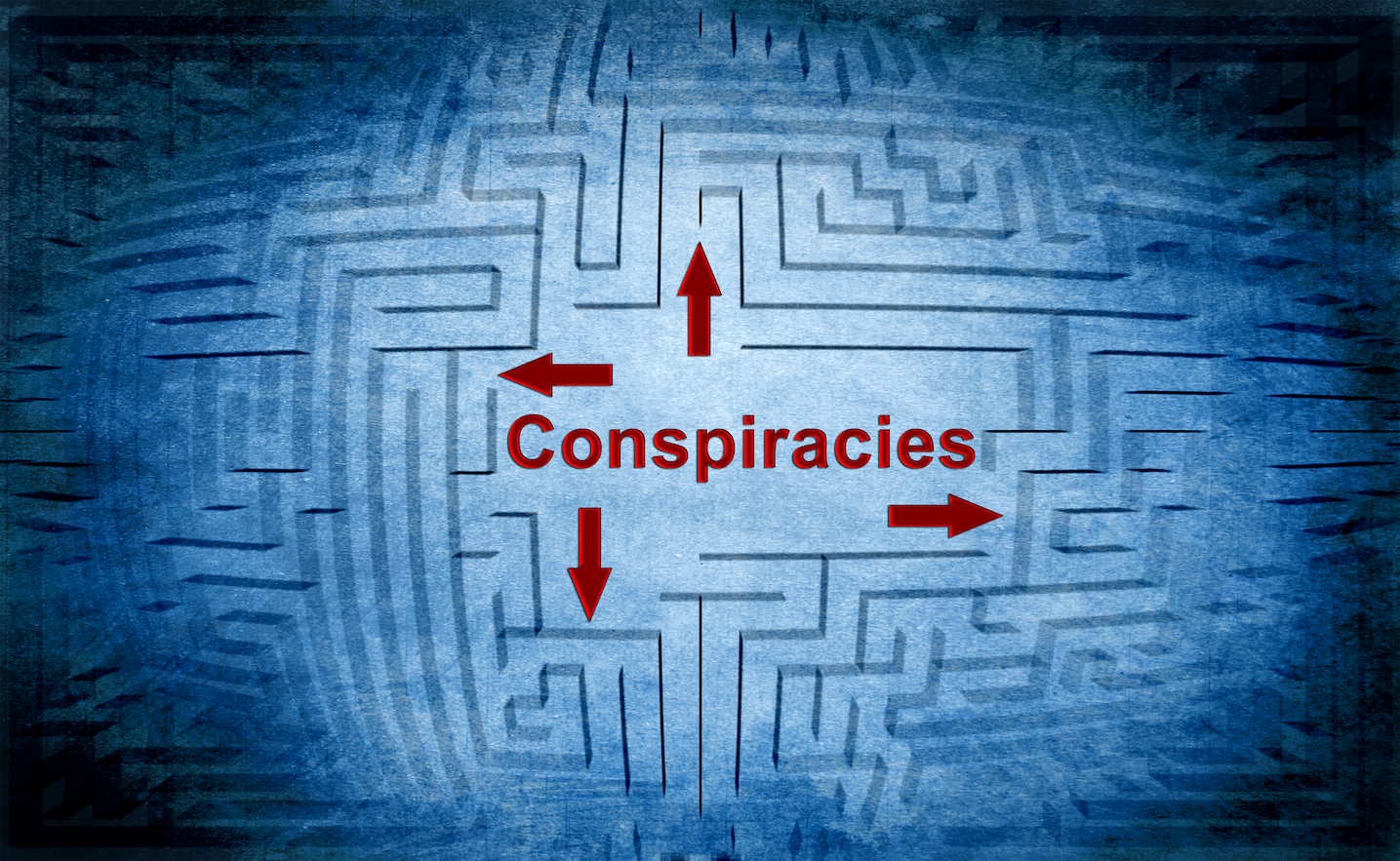Speed of COVID vaccine research likely to bolster conspiracy theories

The frantic race to develop a COVID-19 vaccine and a social media environment awash in conspiracy theories are creating a perfect storm that could undermine the efficiency of an eventual vaccine.
Nearly 170 vaccine efforts are currently in various stages of development, according to the World Health Organization. What normally takes years of testing has been compressed to a much shorter timetable, with the most optimistic prognoses calling for a potential vaccine by the end of the calendar year. But some experts fear that this amazing scientific feat may actually undermine the public’s trust in an eventual vaccine.
“We’ve got sort of this double-edged sword,” Joanne Miller, a professor at the University of Delaware who specializes in political psychology, political propaganda and conspiracy theories, said during an Alliance for Science webinar. “We want a vaccine quickly because we want to stop the spread of this virus that’s killing hundreds of thousands of people, but the quicker we get it the more concern I have that people are going to be worried about the safety of that vaccine.”
Vaccine race intertwined with politics
A number of polls and studies have shown that suspicion of vaccines is a global phenomenon, but an early-arriving COVID vaccine is particularly likely to generate skepticism in the United States. Dr. Anthony Fauci, head of the National Institute of Allergy and Infectious Diseases and a White House coronavirus task force member, has previously warned about the consequences of a “general anti-science, anti-authority, anti-vaccine feeling” among Americans.
Opinion polls have shown that a significant portion of the population is not willing to be vaccinated against COVID. A poll from NBC News revealed this week that only 39 percent of Americans would take a government-approved COVID vaccine, a five percent drop from just a month ago.
There is also an undeniable political element as the vaccine development process tracks closely with the timing of the upcoming presidential election. President Trump has promised a vaccine by the end of the year and hinted that one could even be ready “sometime during the month of October,” just mere days before Americans go to the polls, raising concerns that he is trying to benefit politically from a potential vaccine. Earlier this month, Democratic Vice Presidential Candidate Kamala Harris said that Trump’s previous comments dismissing the pandemic meant that she would “not take his word for it” if the president were to announce the arrival of a vaccine before Election Day. According to the NBC News poll, a majority of Americans agree, with 52 percent of respondents saying they do not trust what the president says about a COVID vaccine.
The frantic pace of the global race to develop a vaccine, and the politicization of that process, led to the unusual step of nine top US and European drugmakers co-signing an open letter earlier this month promising to “uphold the integrity of the scientific process” in an attempt to “ensure public confidence in the rigorous scientific and regulatory process by which COVID-19 vaccines are evaluated and may ultimately be approved.”
But even this “historic pledge” is unlikely to sway those who are already inclined to question vaccines and believe conspiracy theories. Miller said seeds of doubt are already being sown across social media.
“What is easily explainable by people who are generally skeptical of vaccines, and reject the science of vaccines, is the concern that scientists are rushing to get a vaccine out,” she said. “Anti-vaxx peddlers are already taking advantage of COVID-19 to build an argument against a vaccine before it comes out.”
Miller added that the speed of the vaccine development process feeds into some of the wild narratives put forth by conspiracy theorists. “Ordinally, vaccines take how many years, and how many trials to develop? And this one is happening more quickly,” she said. “It’s a big concern.”
Pre-bunk, don’t debunk
John Cook, a professor at George Mason University and co-author of The Conspiracy Theory Handbook, called the anti-vaccine sentiment’s overlap with the pandemic “probably one of the biggest questions that society is facing right now.” He said one of the most effective ways to reduce the spread of conspiracy theories is through what he calls “inoculation,” or pre-bunking rather than debunking.
“There are two elements of inoculating people against misinformation,” Cook said in the Alliance for Science webinar. “There’s warning people about the threat that they may be misled and there’s the counter-argument to explain the fallacies or the techniques used in the misinformation. Our research shows that it’s actually the warning that does the heavy lifting because most of our thinking is emotional. So pre-emptively getting ahead of what will be a flood of anti-vaccine misinformation as we get closer and closer to a COVID vaccine is an important strategy, but it’s not the only strategy.”
Stephan Lewandowsky, Cook’s Conspiracy Theory Handbook co-author, agreed that people are more likely to resist misinformation if you can tell them in advance how they might be misled or manipulated. But he said a larger societal problem drives the type of distrust and conspiratorial thinking that can lead a significant part of the populace to reject a vaccine.
“What we really need to focus on is the global context, the attention economy and the information landscape that we’re all exposed to,” Lewandowsky, a psychology professor at the University of Bristol, said.
“Our information diet in the Western world is basically run by algorithms that are generating profit for a few dozen people in Silicon Valley,” he added. “We know very little about how these algorithms work, so we’re living in an environment where we don’t have any democratic control over something that is really important.”
Miller agreed that the way we all get our news and communicate with one another these days is ripe for exploitation.
“With the media environment the way it is, there is profit in trafficking in conspiracy theories and there’s also a political-strategic component in weaponizing conspiracy theories as a form of political persuasion,” she said.
While there is virtually no chance of addressing the underlying issues before a COVID vaccine is released, Lewandowsky is actually hopeful that skeptics and conspiracy theorists will come around on the issue.
“I think once a vaccine becomes available and it’s a choice between having the vaccine or living in some sort of fear or uncertainty, I think a lot of people who now say they would never take it will actually take it,” he said. “A lot of people will have second thoughts once it’s actually available and can put an end to this life-changing and world-changing event.”
Image: Shutterstock


